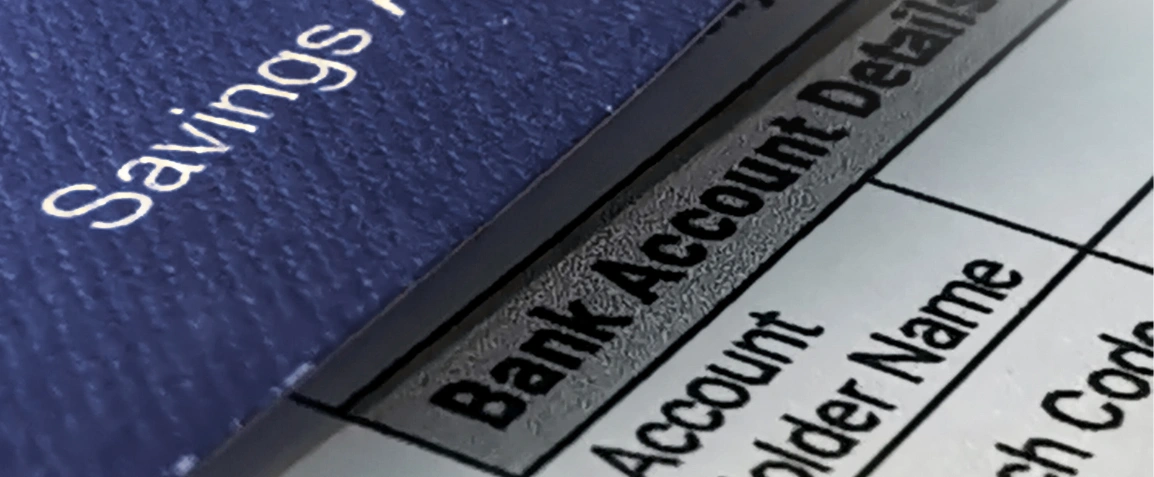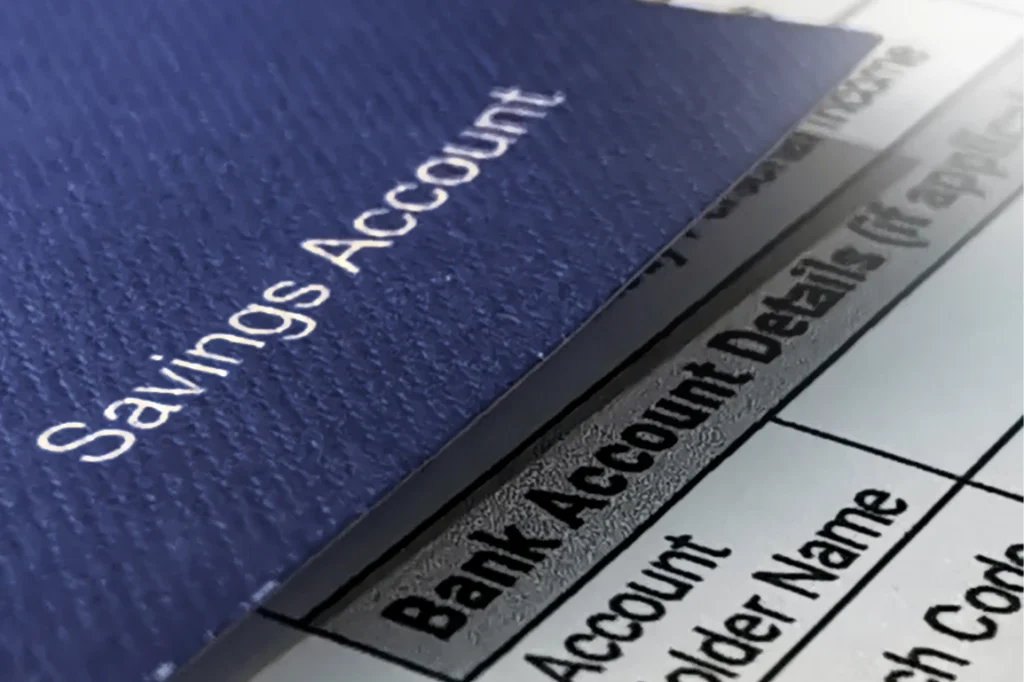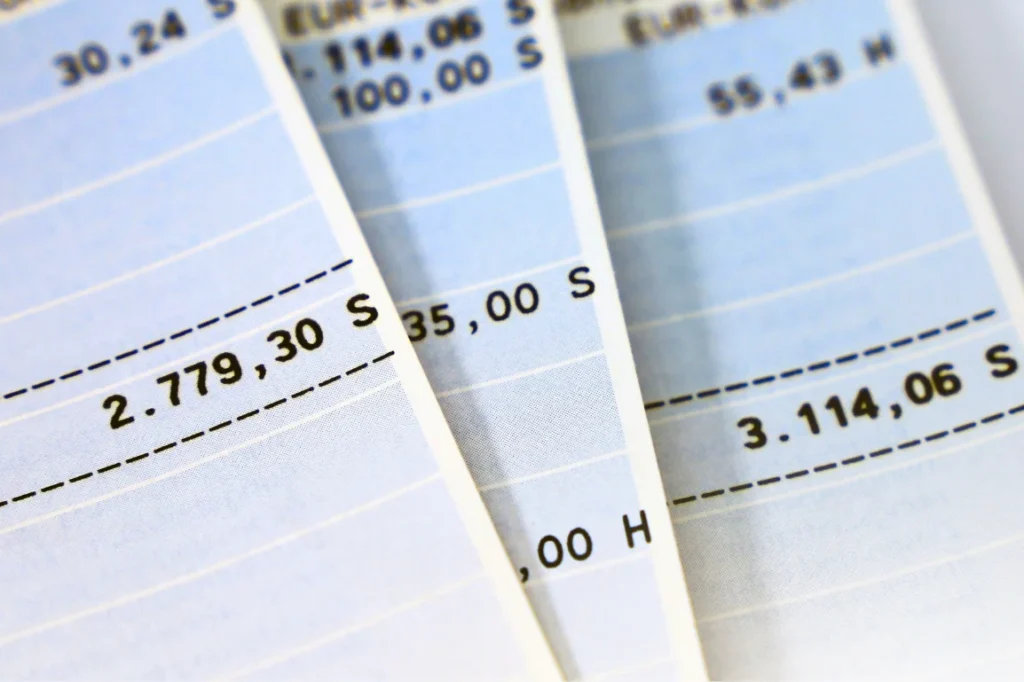Home > How to Navigate the Schengen Visa Proof of Funds Requirement

How to Navigate the Schengen Visa Proof of Funds Requirement
When applying for a Schengen visa, whether for a short or long stay, one of the required steps is proving that you have sufficient financial means to support yourself during your trip.
This article will provide you with everything you need to know about Schengen visa proof of funds and how to prepare your proof of funds documentation for your Schengen visa appointment.
Let’s explore what exactly is meant by “proof of financial means” and how you can make sure that you’re prepared to meet the Schengen visa requirements for your visa application.
What is “proof of financial means” in the Schengen visa application?
“Proof of financial means” refers to documentation that proves you have enough money to cover your expenses during your stay in the Schengen area – whether it’s for 6 days or 6 weeks.
These expenses include everything from accommodation, food, and transportation to other travel-related costs. Proof of subsistence is a mandatory part of your visa application and one of the documents that will be required at your visa appointment.
Now, it’s important to note that different Schengen countries have varying financial requirements based on the length of stay, but the goal is the same: to demonstrate that you can fund your trip without relying on local resources.

How much money do you need to apply for a Schengen visa?
The amount of money you need varies depending on the country you’re visiting and the duration of your stay. Usually, it’s measured in an amount required per day.
Generally speaking, Schengen countries require you to prove that you have enough to cover your entire stay. They often give you a daily target or an overall amount you need to have for the length of the visa you’re applying for.
Countries may also have minimums that vary depending on your accommodations. For example, there may be a €65 per day minimum when staying in a hotel, but a €35 per day minimum when staying with a family member, both in the same country. (This is just an example.) This means that how much you have to prove can vary depending on where you're staying.
If you are given a per-day requirement that needs to be proven, the total minimum amount is calculated by multiplying the daily amount by the total number of days you plan to stay in the Schengen area. This sum should be reflected in your bank account or other financial documentation you provide.
As an example only, if the required amount is €50 per day and you’re staying for 45 days, you’ll need to show a minimum of €2250 in your checking or savings accounts. 50 x 45 = 2250.
The daily amount, or total amount, varies from country to country. Always check with the visa application center or consulate where you are applying.

Do assets count as proof of funds for a Schengen visa?
Assets such as property, stocks, or investment accounts generally do not count as proof of sufficient funds for travel. This is because, usually, those funds aren’t readily available.
Visa officials are looking for liquid cash, or readily accessible money. This means that you should have the minimum amount required in your savings or checking account. These balances, independently or combined, are the type of proof that visa processors will need to see.
If you try to use assets as proof, you may be asked for additional documents to verify their value and liquidity, which can complicate your application.
However, it may be possible in some situations. You can always contact the relevant visa application center or consulate to get more information about what type of funds will count towards meeting this requirement.
The per-day minimum per country
Keep in mind that these are reference amounts. They can vary depending on your unique situation.
Austria
Austria's per-day financial requirement is case-by-case.
Belgium
If you're staying with a friend or family member, and they have agreed to cover many of your expenses: €45 per day
If you're staying at a hotel: €95 per day
Bulgaria
At least €50 per day, but not less than €500 total.
Croatia
€70 per day. If you hold a certified letter of guarantee from a legal Croatian resident/citizen, the amount is €30 per day.
Czech Republic
If you're staying fewer than 30 days, 1,565 CZK per day is required (around €65 per day).
If you're staying more than 30 days, 46,950 CZK is required (around €1930). This increases every additional month added on.
If you're under the age of 18, half the amount is required.
Denmark
350 DKK is required per day. This is around €47.
Estonia
€70 per day is required.
Finland
Approximately €50 per day.
France
France regularly assesses minimum financial requirements for stays.
For travelers with proof of accommodations, the amount is €32.50 per day (remember, proof of accommodations is mandatory for Schengen visa applications).
For travelers heading to France who do not have proof of accommodation, the amount required is €120 per day.
Germany
€45 per day.
Greece
€50 per day with a minimum total amount of €300 for a stay of up to 5 days.
Minors are required to provide proof of half of the above amounts.
Hungary
10,000 HUF per day, which is around €26.
Iceland
ISK 8000 per person, per day. This is around €55. If you're staying with a friend or family member, the reference amount is halved at ISK 4000 per day.
Italy
Italy has several different minimums depending on the length of your stay. Instead of a per-day amount, it's a set per-trip amount.
Trips 1-5 days in length: €269.60
Trips 6-10 days in length: €44.94
If you're staying more than 10 days, you must show proof of an overall minimum, as well as a per-day minimum (on top of the overall sum).
Trips 11-20 days in length: €51.64 plus a €36.67 daily sum.
Trips more than 20 days in length: €206.58 plus a €27.89 daily sum.
These metrics are for a single person. If you're traveling with another person, the rates are adjusted.
Latvia
€14 per day.
Liechtenstein
Around 100 CHF per day, which is about €107. If you're a student (with a valid student ID), the amount is around 30 CHF (or €32).
Lithuania
€50 per day. Minors do not need to have proof of funds when traveling with an adult relative.
Luxembourg
€67 per day.
Malta
€48 per day.
Netherlands
The reference amount is €55 per day, but it depends on the length of the trip, purpose, and case-by-case scenarios.
Norway
Norway is case-by-case, but they've deemed NOK 505 daily an adequate reference number. That's around €42.
Poland
for trips up to 4 days in length: A total amount of PLN 300 (around €72).
For trips more than 4 days in length: 75 PLN per day (around €18 per day).
There are also adjustments for different types of travelers, such as those who are traveling to participate in a youth camp, sporting event, or are seeking specific kinds of treatment.
Portugal
€75 for each entry and €40 per day.
Romania
€50 per day, but with at least €500 for the entire trip. In some cases, the rate may be €30 per day (for third-country nationals for whom the invitation procedure applies).
Slovakia
€56 per day. There can be case-by-case flexibility, such as if you're being hosted.
Slovenia
€70 per day. Minors traveling with their legal guardians are required to provide 50% of that (so, €35 per day).
Spain
Spain's financial minimum is based on a percentage of minimum wage. There is a per day requirement of 10% of the gross national minimum wage. This is €113.40. There is also a lump sum requirement that travelers must have, which is €1,020.60 (90% of the gross national minimum wage).
Sweden
450 SEK per day (or around €42).
Switzerland
Around 100 CHF per day, which is about €107. If you're a student (with a valid student ID), the amount is around 30 CHF (or €32).
What is the minimum bank statement requirement to get a Schengen visa?
Typically, Schengen countries require three to six months of bank statements as part of the proof of funds.
Your bank statements need to reflect your financial situation, showing consistent, regular income or a lump sum of money that meets the required minimum for your stay.
The bank statements should:
- Be recent.
- Clearly display your name and account details.
- Show sufficient funds for the trip.
Sometimes, you may also be asked to submit proof of income, such as pay stubs, especially if you're employed.
When beginning the visa application process, the visa center or consulate will provide you with an official checklist of all of the required documentation you need to submit, including those related to your funds.
If you're applying for a Schengen visa...
Schengen travel insurance is mandatory. Get your compliant insurance today ?
Do I have to provide proof of income when applying for a Schengen visa?
Not necessarily, but sometimes.
While proof of income is part of the documentation for Schengen visa applications, officials need to see proof of funds. If you are enjoying retirement or are unemployed, you can often supply bank statements to prove that you meet the necessary financial requirements.
While the exact requirements vary from country to country, Schengen countries could require salary pay stubs or bank statements.
If you’re retired or currently not working, as long as you have an ample amount of money in your bank account, this should also be sufficient for your visa application.
Just keep in mind that these funds do need to be readily available to you, as detailed above.

How do I show proof of funds for my Schengen visa application?
There are several ways to demonstrate that you have sufficient funds for your Schengen visa application. Your visa application center or consulate/embassy will give you a list of the required documentation for your visa application submission. This may include:
- Bank statements: The most common way to show proof of funds is by providing recent bank statements, typically from the last 3 to 6 months. The balance in your account should meet the minimum required for your stay.
- Sponsorship: If someone else is covering your expenses, such as a parent or friend, they’ll need to provide a formal sponsorship letter and their financial documents, including bank statements and proof of income. Refer to the requirements given to you by your visa processor/consulate.
- Pay stubs: Showing a steady flow of income can help your case and strengthen your application. These pay stubs should be recent, and you should show proof for the last 3 months or more.
Depending on your financial situation (employed, retired, a student, etc.), you may be asked to provide different types of proof.

What happens if I cannot provide proof of funds for my visa application?
Unfortunately, if you’re unable to show proof of funds, your visa application will most likely be denied.
Believe it or not, this is one of the primary reasons Schengen visa applications are rejected. It’s essential to ensure that all your financial documentation is in order before submitting your application to avoid delays or denials.
Are there any exceptions to this requirement?
There are a few exceptions where proof of financial means may not be required. For instance, certain visa types, such as some long-term work visas or family reunification visas, might have different or more flexible financial requirements, but it isn’t guaranteed.
Additionally, travelers who are part of official delegations or sponsored by the government may not need to provide proof of funds, as well as those who are traveling due to specific work missions.
It’s essential to check the specific requirements of the Schengen country you are applying to, as they can differ based on visa type and applicant status. Also, refer to the list of required documents you received from your visa processor.

Are there any types of Schengen visas that don’t require proof of funds?
Most Schengen visas require proof of funds, including short-stay tourist visas, business visas, and long-stay visas.
However, specific diplomatic or humanitarian visas may not require it, as well as some types of professional visas for work (such as some talent visas). Always confirm with the visa processor or consulate handling your application.
In the majority of cases, documentation showing proof of funds is required for your Schengen visa application.
As a final note, make sure you understand the other documents you'll need to supply with your application, like a travel insurance policy that meets the Schengen visa travel insurance requirements.
FAQs: Proof of Funds
Sources
Per-day financial references - The European Union
